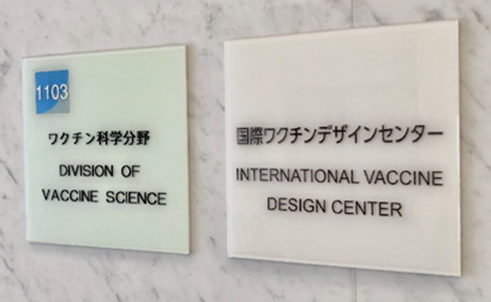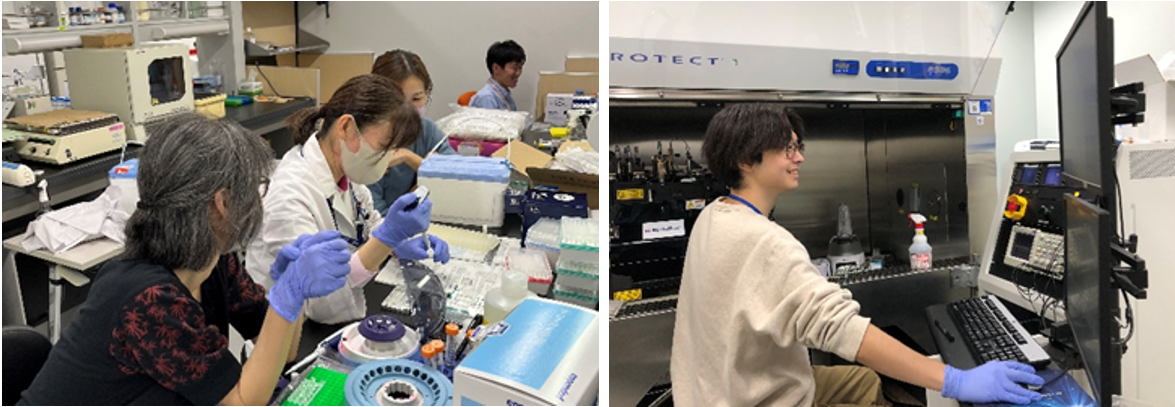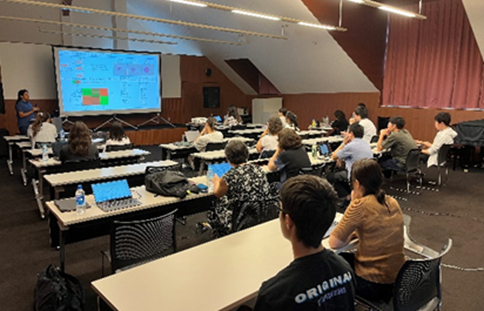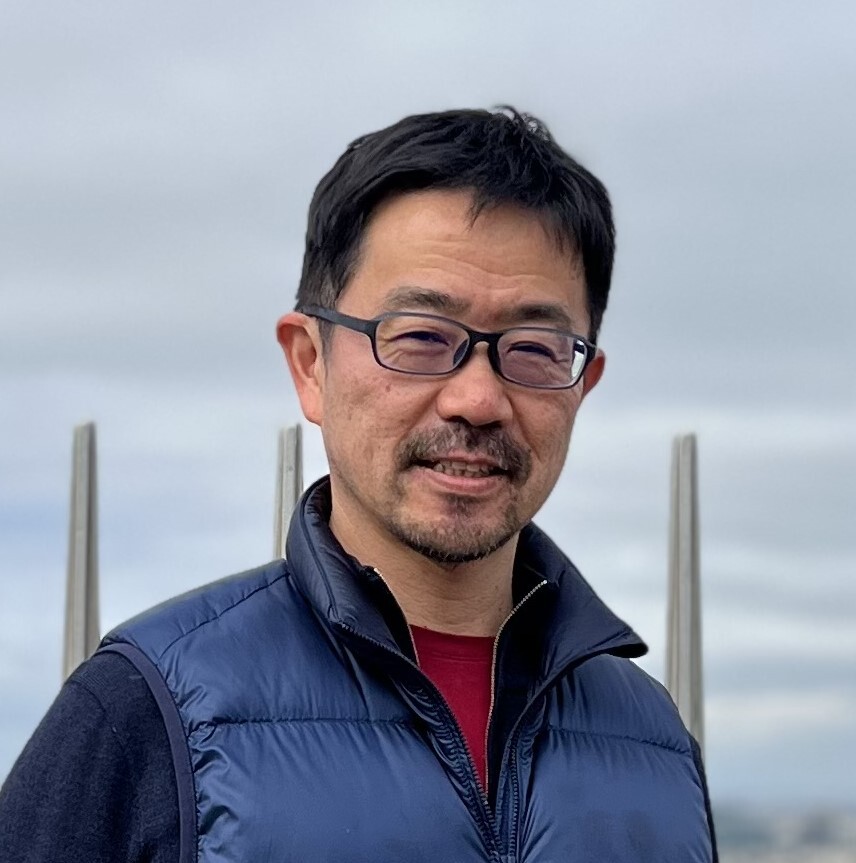
Near-Future Vaccine Design Project
“Designing future vaccines to protect the lives of many”
Your support is needed
As the global fight against infectious diseases continues, our commitment to vaccine research have become more crucial than ever. Your donations can accelerate our commitment, from basic vaccine research to the development as well as the training of researchers involved in vaccine research, thereby bringing hope to millions of people worldwide.
Your donation will be utilized for:
・Research materials, laboratory facilities, and personnel development for the development and improvement of vaccines
・Outreach activities, such as seminars and information sharing sessions about vaccines for the general public
Your support will further propel us to carry out these activities in the years to come. Thank you in advance for your warm support.
Professor ISHII Ken
Institute of Medical Sciences
The University of Tokyo
Challenges in Vaccine Development
Currently, diverse research is being conducted worldwide to develop vaccines not only for infectious diseases but also for other conditions such as cancer, Alzheimer's disease, allergies, and various other diseases to prevent the onset and mitigate their severity.
Some vaccines, such as the influenza virus vaccine and cervical cancer vaccine, have already been approved and in use. Others are still in the research stage, with preliminary studies demonstrating a good safety profile and notable efficacy. Vaccines for diseases like malaria and human immunodeficiency virus (HIV) have not yet been developed, and although there is a vaccine for tuberculosis called BCG (Bacillus Calmette–Guérin) in use, there is room for improvement in terms of infection prevention rates and the infection risks associated with live vaccines.
According to WHO, the number of infected people in 2022 are about 240 million for malaria, 2.2 million for tuberculosis, and 1.3 million for HIV. These three major infectious diseases are huge obstacles to achieving the third Sustainable Development Goal (SDG) - "Health and Well-Being for All”.
Developing vaccines that surpass the efficacy and safety of existing ones, increasing the number of vaccines that can prevent or cure diseases, and ensuring prompt responses for the next pandemic are three crucial challenges. It is important to develop new vaccines that meet various demands, including these.
Another challenge is to eliminate "vaccine hesitancy" and promote confidence and assurance in vaccines as a whole, ensuring a sense of security in the general public.
We have heard concerns such as "the contents of the vaccine seem a bit scary" or "I dislike experiencing side effects". These feelings are referred to as "vaccine hesitancy". When such sentiments prevail, even if a vaccine has been developed through years of research and proven to be safe and effective, there is a risk that it may not be widely administered. Consequently, there is a risk of infectious diseases spreading, which the vaccine was supposed to control. Therefore, eliminating vaccine hesitancy and ensuring that people can receive vaccines with confidence are also important challenges for healthcare professionals.
What is the Expected Next-Generation Vaccine? The “Three Modules" Necessary for Vaccine Development
Vaccine development research can be divided into three parts:
(1) "Antigens" that determine the specificity of vaccines
(2) "Adjuvants" that enhance the efficacy of the vaccine
(3) "Delivery systems" that transport antigens and adjuvants to where they are needed (organs and cells)
While the antigen serves as the main component of the vaccine, it is usually insufficient on its own to induce sufficient effects. It is through the support of adjuvants and delivery systems that a more effective activation of the immune system against pathogens becomes possible. Each of these components is indispensable for the development of better vaccines, requiring the expertise of specialists in each field.
We aim to "modularize" these three elements, striving to develop technology to efficiently design future vaccines. (Note: "Modularizing" refers to standardizing the overall design and allowing changes to the entire functionality by exchanging or recombining individual modules.) Furthermore, in order to advance vaccine development research effectively, collaboration among diverse specialist fields, as illustrated in the diagram below, is crucial.

International Vaccine Design Center Initiatives
In April 2022, the International Vaccine Design Center (VdesC) was established at the Institute of Medical Sciences of the University of Tokyo.

International Vaccine Design Center's Research Outline by Field and Principal Investigators
We place great importance on collaboration with other institutions, as mentioned above, and are actively engaged in the energetic development and research of vaccines with improved efficacy and safety.
Examples of research and activities
• Mechanism of action of vaccines: We have investigated on lipid nanoparticles (LNPs), which are included in mRNA vaccines as a delivery system and adjuvants, through which we have discovered molecules and mechanisms that exhibit efficacy and those that cause adverse reactions. We are currently working on research to prevent the occurrence of such side effects.
• Development of immunotherapy using adjuvants: While adjuvants are commonly added to vaccine antigens to enhance vaccine efficacy, our research explores the potential of adjuvants on their own to activate long-lasting immune responses. This is a rather new area of research in immunology, but it has great potential to be used in cancer immunotherapy and as an emergency response to new pandemics. We are evaluating a wide range of adjuvants, from already existing to new ones, aiming to develop new immunotherapies.
• Outreach activities: We are also committed to fostering the next generation of researchers who will be responsible for future research. Furthermore, we dedicate efforts to activities that convey appropriate knowledge of immunology and vaccines through lectures, websites, and publications, such as "Cells at Work! ”.

International Vaccine Design Center Entrance Plate

Vaccine Science Division: International Vaccine Design Center

Research presentation at the Joint Laboratory Retreat in the International Vaccine Design Center
“I want to know more about vaccines!”
To know more, please visit the "What is a Vaccine " (only in JP) page on the official website of the Ishii Laboratory. Detailed explanations about roles of vaccines, their safety, and more are provided in the link provided.
Related links:
■Ishii laboratory (Vaccine Science)
■International Vaccine Design Center
■The University of Tokyo researcher interviews (JP only)
■Professor Ken Ishii – related content
University of Tokyo TV: https://tv.he.u-tokyo.ac.jp/lecture_5959/
The University of Tokyo Pandemic Preparedness, Infection, and Advanced research center (UTOPIA): https://www.youtube.com/watch?v=JHShIk3Tr1k
Interview with The University of Tokyo Foundation: https://www.youtube.com/watch?v=aiw3vd5PPiU

Project Leader
Professor ISHII Ken
Institute of Medical Sciences
The University of Tokyo



